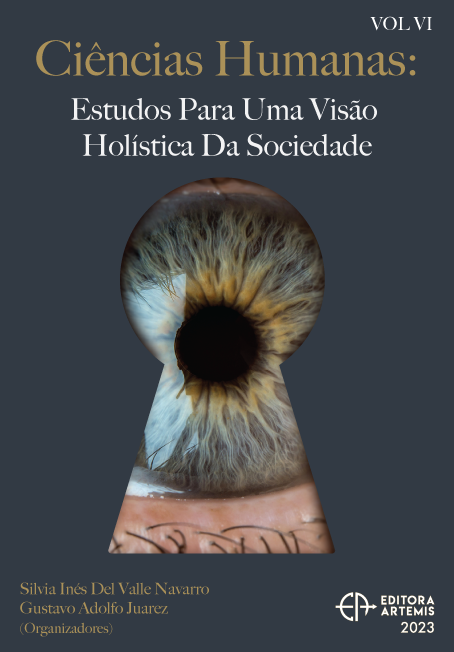
WITTGENSTEIN Y LA CUESTIÓN DEL REALISMO
“Wittgenstein and Classical Realism” de Howard Mounce (2005) afirma en relación a Wittgenstein que “sólo su pensamiento tardío puede ser asociado inequívocamente con el realismo clásico” (2005:109), entendiendo por esta posición la tesis “metafísica” de que nuestro lenguaje se desarrolla a través de nuestras interrelaciones con un mundo independiente. El propósito del presente trabajo es, en primer lugar, reconstruir las objeciones de Mounce a las lecturas no metafísicas de Wittgenstein. En segundo lugar, se referirá a la noción de realismo clásico en la que el vienés se enrolaría en sus últimas producciones filosóficas. Esta posición asume esencialmente que el lenguaje es parasitario del mundo pero que este no lo es en relación al lenguaje (2005:106). El lenguaje no posee, por lo tanto, sentido alguno si se lo considera anterior o independiente de modo absoluto en relación al mundo. Por último, se objetará la posición de Mounce, afirmando que es posible enfatizar suficientemente la falsa dicotomía en relación a la trascendencia del lenguaje en relación al mundo sin por ello adherir a su perspectiva. Después de todo, hay diferencias esenciales que separan a Wittgenstein de la tradición filosófica del realismo metafísico y que se centra en el desprecio de la noción de representación en teoría del conocimiento, de las aspiraciones metafísicas que se ensayan detrás del debate entre idealismo y realismo y del establecimiento de una diferenciación absoluta entre el lenguaje y el mundo.
WITTGENSTEIN Y LA CUESTIÓN DEL REALISMO
-
DOI: 10.37572/EdArt_28052380423
-
Palavras-chave: WITTGENSTEIN, REALISMO, MOUNCE, DIAMOND, INVESTIGACIONES FILOSÓFICAS
-
Keywords: WITTGENSTEIN, REALISM, MOUNCE, DIAMOND, PHILOSOPHICAL INVESTIGATIONS
-
Abstract:
"Wittgenstein and Classical Realism" by Howard Mounce (2005) affirms that Wittgenstein's late period can be unequivocally associated with classical realism", understanding by this position the "metaphysical" thesis that our language develops through our interrelationships with an independent world. First of all, this paper aims to reconstruct Mounce's objections to Wittgenstein's non-metaphysical readings. Secondly, it will refer to classical realism in which the Viennese would enrol in his latest philosophical productions. This position assumes that language is parasitic on the world but that the world is "not parasitic" on language. Language does not have, therefore, any sense if it is considered prior or independent in an absolute way about the world. Finally, this paper will object to Mounce's position, stating that it is possible to sufficiently emphasize the false dichotomy concerning the transcendence of language to the world without thereby adhering to his perspective. After all, there are essential differences that separate Wittgenstein from the philosophical tradition of metaphysical realism and which focuses on the contempt of the notion of representation in the theory of knowledge, of the metaphysical aspirations behind the debate between idealism and realism and of establishing an absolute differentiation between language and the world.
-
Número de páginas: 25
- María Sol Yuan

